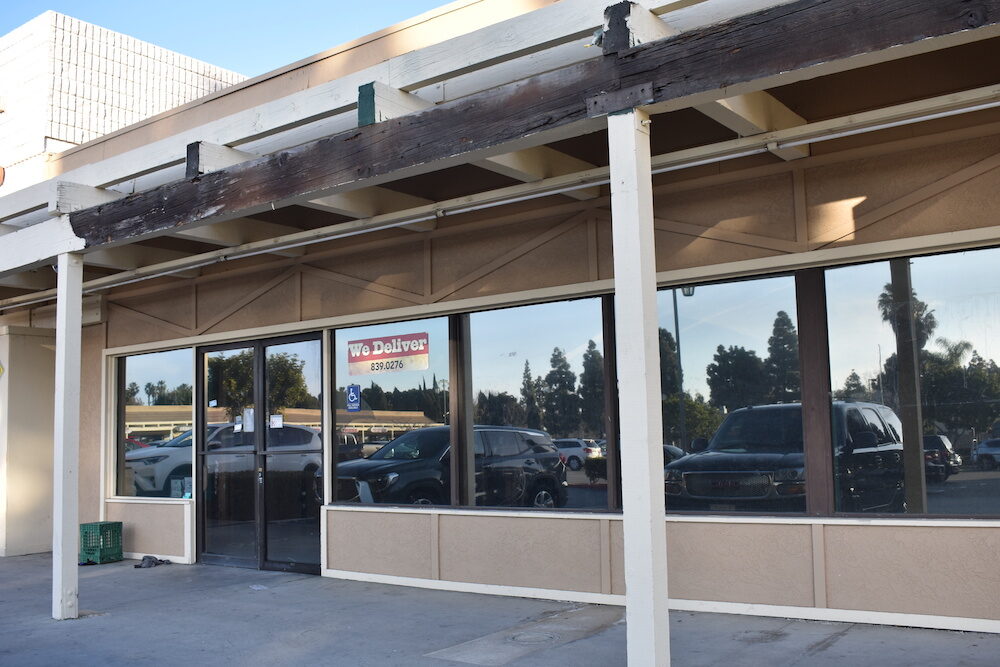
By Brandon Nguyen
Our small businesses are withering away, and not enough is being done to save them. Politicians campaign on fighting for the little guy but seem to backtrack once in Washington D.C. Over 100,000 small businesses across America are gone forever, yet once you turn on the news, all you hear is celebrity gossip. It’s time we use our voices to shift focus to small businesses before it’s too late.
Around 50% of U.S. employees work for small businesses and grassroots tensions are rising. Already, 1.4 million signatures have been collected to recall California Governor Gavin Newsom after he placed some of the strictest coronavirus lockdowns in the country that frustrated business owners. Organizations such as Barstool Sports have taken it upon themselves to pay expenses for struggling small businesses because our leaders haven’t.
Despite clear dissatisfaction, the last major coronavirus stimulus package passed 11 months ago. People are hurting, with economists speculating it will take until 2023 to get full employment of 4.5%, and a grim January jobs report projects only 6,000 private sector jobs will be added. The deadline for Congress to pass a bill that President Joe Biden will sign is March, when unemployment benefits expire. Until then, here is what we must urge our public officials to do and include in this coronavirus relief package.
The first step is to include liability protection for small businesses in the next stimulus package. Liability protection shields owners from being sued by their employees for contracting COVID-19. This is a common-sense proposal that ensures small business owners won’t face an onslaught of lawsuits that would ruin them.
The details can be debated over what standards employees may be able to sue owners such as gross negligence and failures to follow health guidelines. However, these liability protections are essential in ensuring these small businesses can keep their head above water.
Next, the minimum wage should not be raised to $15 an hour for small businesses for the next few years. Even with Democrats in control of Congress and the White House, lawmakers agreed to an amendment that prohibited increasing the federal minimum wage during the pandemic. With big business at an all-time high, they can pay for this expense, while small businesses will struggle.
The Congressional Budget Office estimated a $15 federal minimum wage would cut 3.7 million jobs pre-pandemic. Now in the midst of the pandemic, it would be a direct hit to small businesses, forcing them to lay off workers, pass costs to consumers and make their products undesirable compared to cheaper goods by big retail. It would also add $54 billion to the national deficit, forcing state governors to raise taxes.
Lastly and paramount, push to fully reopen the economy.
Of course, the most effective way to reopen fully and contain this virus will be the distribution of vaccines. Local officials must set a threshold on the number of vaccinations where we can reasonably open up that will take into consideration health and economic issues that adhere to guidelines from the Centers for Disease Control and Prevention. They also must work with private companies that can more efficiently distribute vaccines than government-run programs.
The need to reopen the economy is clear. In November 2020, an economic tracker from Harvard University found that California’s small business revenue was down 29.3% and small business reopenings down 28.8% compared to January 2020.
Small restaurants and mom and pop shops with no outdoor dining have lost desirability to customers during this pandemic. Plus, many small businesses struggle to adapt to new online methods of payment and ordering. Getting regular paychecks and customers outweighs spontaneous government stimulus and throws out a lifeline to those struggling.
These are all actions that our leaders must take, but there are things we can do as well. You can support small businesses by purchasing local, leaving positive reviews, shopping online, buying gift cards and being vocal. No one wants to see their community’s local eatery or staple crafts store gone after this pandemic. Together, we can help our small businesses where it is most needed and appreciated.





